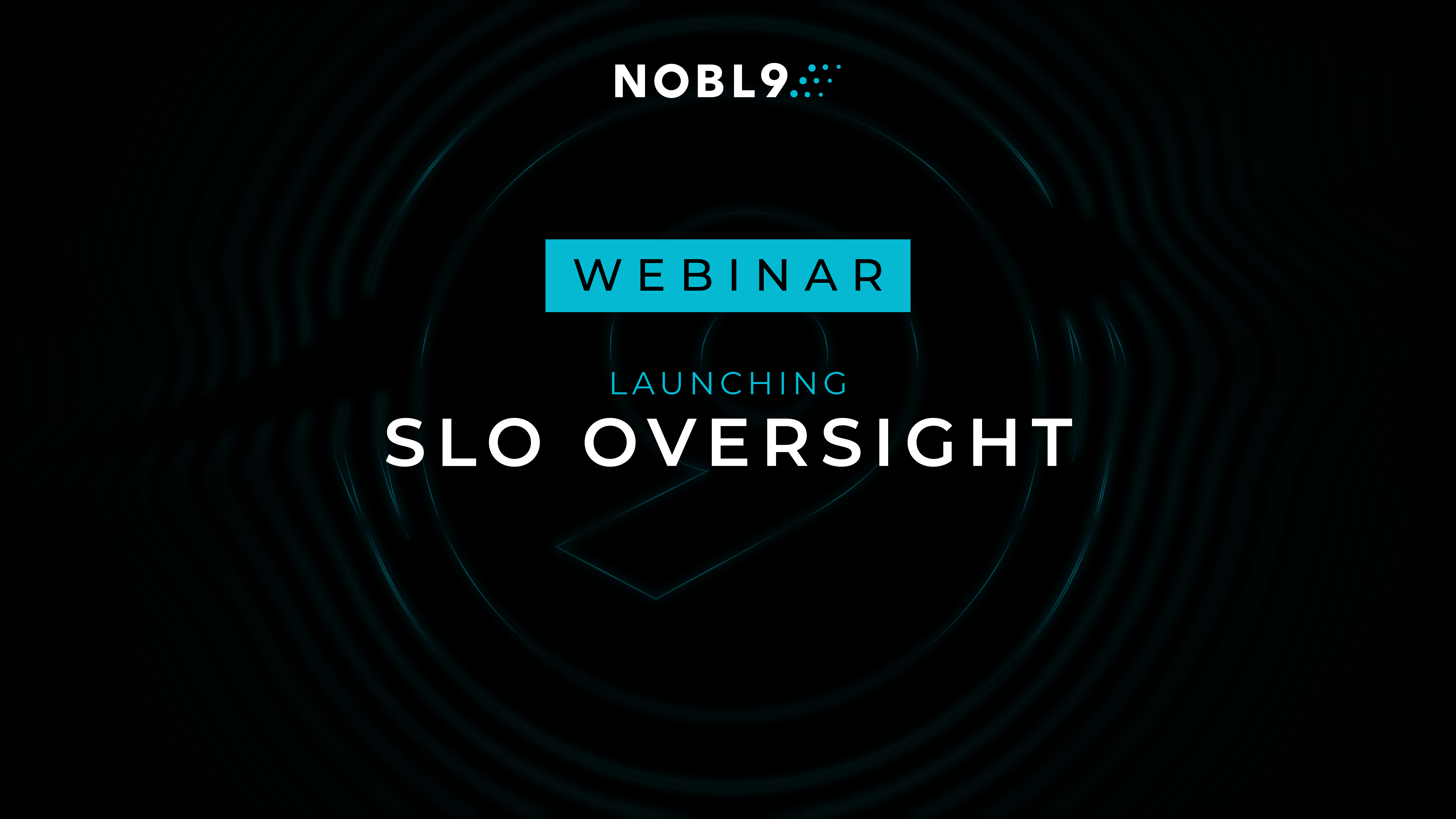More by Kit Merker:
Reliability Evolution from Datacenter to Cloud: Interview with Less Lincoln, SRE at Microsoft The Ultimate Guide to Reliability Talks at re:Invent 2020 An Easy Way to Explain SLOs and SLAs to Business Executives You’re Not Google. And, Yes, You Still Need SLOs 5 “Reasons” I Hate SLOs Creating Your First SLO: A Discussion Guide Nobl9 & Adobe Systems: Let’s Talk SLOs for OpenStack SLOconf Speaker Profile: Alina Anderson SRE 101: The SRE Toolset Nobl9 and Lightstep Partner to Integrate Distributed Tracing Technology into SLO Management Platform SREs: Stop Asking Your Product Managers for SLOs SLOconf Speaker Profile: Steve McGhee| Author: Kit Merker
Avg. reading time: 2 minutes
I’ve heard it from engineers a thousand times, “Our software works great; it’s just our marketing site that’s slow.” If your business’s front door isn’t open, why does it matter if your app is top-notch? Your marketing team depends on reliability more than any other metric. Sure, conversion rates, brand awareness, and customer engagement are essential factors in a successful marketing campaign. But without a working website, any chance of being seen as dependable goes right out the window.
Perception is Everything
When I worked at Google, users assumed our cloud was slow because the web admin console was loading inefficiently. As soon as we became aware of this perception, we invested heavily in improving the console’s performance to overcome this first-impression experience.
The longer a site takes to load, the higher its bounce rate because, let’s face it, people are impatient. Your potential customers expect a page to load quickly, and if that doesn’t happen, it can hit you right in the pocketbook. In 2010 Google announced website speed would impact search ranking. Laggy sites don’t just annoy users; they drop your page ranking to boot!
Laggy sites don’t just annoy users; they drop your page ranking to boot!
Do you even click?
Your marketing dashboard has all kinds of metrics about conversions and clicks, but does it tell you anything about users who could never click the button in the first place? Is our marketing site reliable? Before you fine-tune your message and adjust the shade of blue of your CTA, ask yourself if the real issue is the underlying infrastructure. Maybe the email sales form isn’t working, or the subscribe button isn’t loading, or the password sign-in breaks, or there are latency issues, etc.
The key takeaway here is that underlying your marketing metrics might be a reliability issue in disguise. Maybe you’re focusing on moving around the layout and tweaking the copy, but the website has a reliability issue that makes your marketing finesse irrelevant.
SLOs for Marketing
Now, this is where SLOs come in. You see problems (web user to lead and web user to trial conversions are low), so you create SLOs to understand if the site performance and reliability affect these issues. If these metrics look good, you can focus on improving design and content because you know you’re building on a stable foundation.
An SLO defines the acceptable level of reliability for your site while maintaining a reasonable efficiency in the underlying costs to maintain it. I call this the “edge of excellence.” What I mean by this is to set your SLOs (and expectations) at a slightly higher-than-expected(but not perfect) threshold. Anything below this, you might lose customers, and anything above it, you might be over-spending.
Imagine a user’s journey to start a trial. We can create SLOs by listing the user journey (arriving on your page after googling, clicking the trial button, bouncing) and put it in terms of business impact (goodbye customers). We can then see which metrics to use to most accurately track the user experience. Finally, determine the length of your SLO, and you can start adjusting to meet your reliability goals consistently.
Let’s Talk About Your Goals
Once you start using SLOs as part of your marketing sites, you’ll see that retaining a respectable level of reliability (and appeasing the Google Gods) is an easily reachable goal.
Ready to take your marketing to the next level? I can help you set up SLOs for your marketing site and review the data with you!
Image credit: Chuttersnap on Unsplash





.png)




.png?width=1200&height=628&name=Building%20Reliable%20E-commerce%20Experiences%20(42).png)
.png?width=1200&height=628&name=Building%20Reliable%20E-commerce%20Experiences%20(34).png)






Do you want to add something? Leave a comment